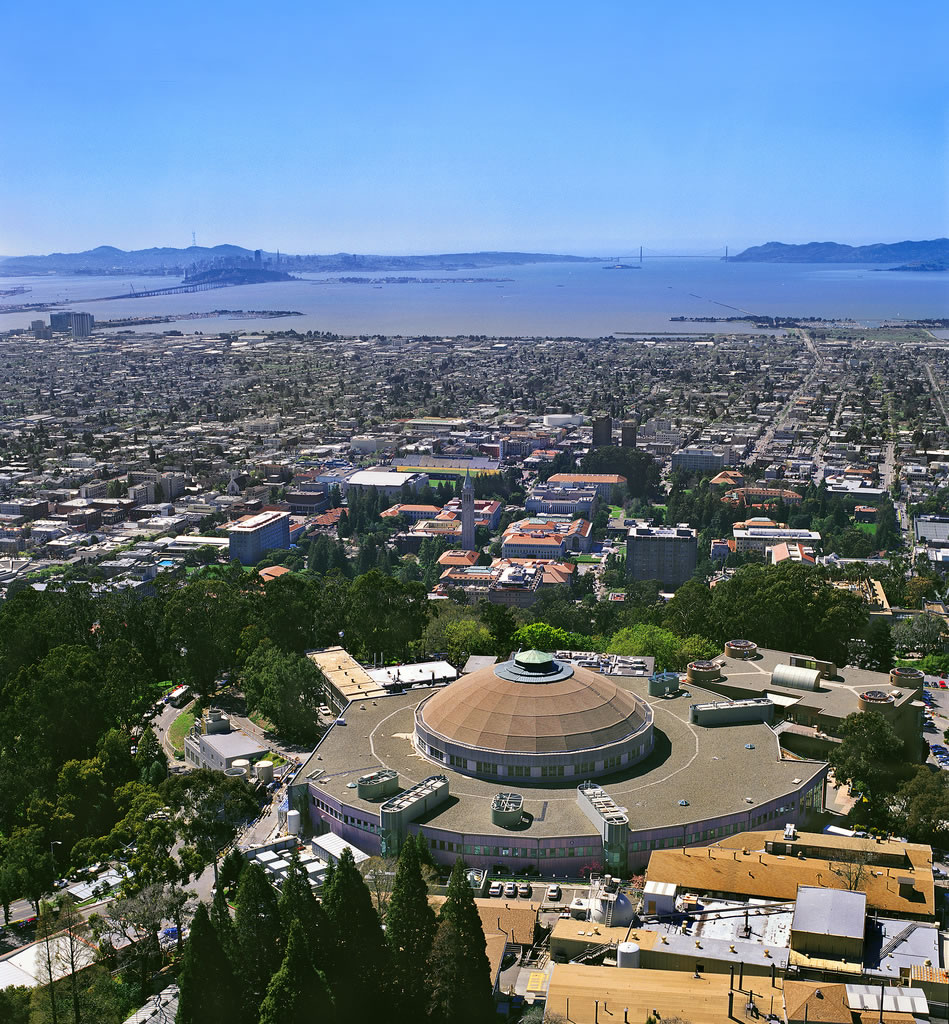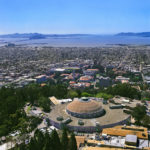 The projects of 13 Biosciences Area scientists and engineers received funding through the FY17 Laboratory Directed Research and Development (LDRD) program. The funded projects cover a broad range of topics including the study of microbiomes in relation to their environment, plants, and gut health; catalysis for solar conversion to energy; and genomic expression in tissue. Among them were three projects related to Lab-wide initiatives. Together, these efforts account for 17.5% of the $25.2 million allocated. Lab-wide, a total of 88 projects were selected from a field of 166 proposals.
The projects of 13 Biosciences Area scientists and engineers received funding through the FY17 Laboratory Directed Research and Development (LDRD) program. The funded projects cover a broad range of topics including the study of microbiomes in relation to their environment, plants, and gut health; catalysis for solar conversion to energy; and genomic expression in tissue. Among them were three projects related to Lab-wide initiatives. Together, these efforts account for 17.5% of the $25.2 million allocated. Lab-wide, a total of 88 projects were selected from a field of 166 proposals.
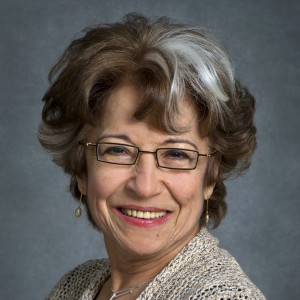 Researchers from the Biological Systems & Engineering (BSE) Division will spearhead the following three new projects:
Researchers from the Biological Systems & Engineering (BSE) Division will spearhead the following three new projects: 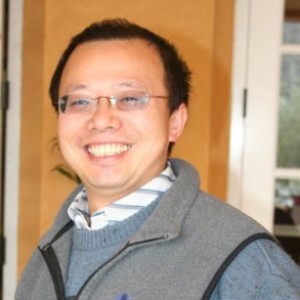 Distinguished scientist Mina Bissell (left) will be identifying bioactive compounds across the tree of life (from bacteria, to plants, to human organoids), while staff scientist Jian-Hua Mao (right) will investigate the impact of gut microbiome on genetic susceptibility to chemically induced colon cancer. Steve Singer (left),
Distinguished scientist Mina Bissell (left) will be identifying bioactive compounds across the tree of life (from bacteria, to plants, to human organoids), while staff scientist Jian-Hua Mao (right) will investigate the impact of gut microbiome on genetic susceptibility to chemically induced colon cancer. Steve Singer (left),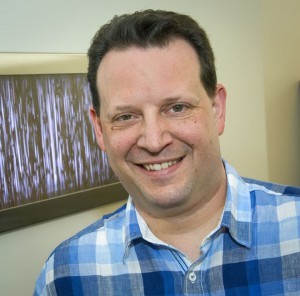 a geological staff scientist, received support for his project “Biosurfactant Production by Engineering Microbial One Carbon
a geological staff scientist, received support for his project “Biosurfactant Production by Engineering Microbial One Carbon 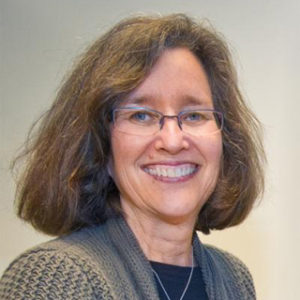 Conversion.” BSE Science Deputy Susan Celniker (right) will to continue to elucidate microbiome adaptation in response to environmental challenges, a project which is part of the Lab-wide initiative Microbes to Biomes.
Conversion.” BSE Science Deputy Susan Celniker (right) will to continue to elucidate microbiome adaptation in response to environmental challenges, a project which is part of the Lab-wide initiative Microbes to Biomes.
In the Environmental Genomics & Systems Biology (EGSB) Division,  three new proposals were awarded funding. Research scientist Diane Dickel (left) received support for a project focused on deconvoluting tissue heterogeneity through single-cell transcriptomics.
three new proposals were awarded funding. Research scientist Diane Dickel (left) received support for a project focused on deconvoluting tissue heterogeneity through single-cell transcriptomics. 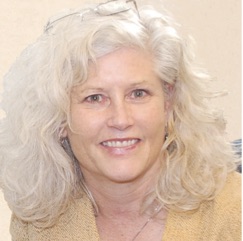 EGSB Division Director N. Louise Glass (right) will commence a project studying a systems biology approach to dissecting regulatory and metabolic networks of filamentous fungi involved in carbon cycling.
EGSB Division Director N. Louise Glass (right) will commence a project studying a systems biology approach to dissecting regulatory and metabolic networks of filamentous fungi involved in carbon cycling. 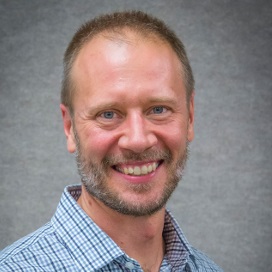 Trent Northen (left), an EGSB staff scientist also of the Joint Genome Institute (JGI), will be spearheading a new Lab-wide project “Eco-FAB: Discovering of the Genetic Basis of a Beneficial Microbiome to Improve Crop Productivity.” Two projects led by researchers at the JGI and EGSB will continue, one by research scientist Sam Deutsch
Trent Northen (left), an EGSB staff scientist also of the Joint Genome Institute (JGI), will be spearheading a new Lab-wide project “Eco-FAB: Discovering of the Genetic Basis of a Beneficial Microbiome to Improve Crop Productivity.” Two projects led by researchers at the JGI and EGSB will continue, one by research scientist Sam Deutsch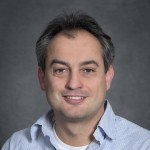 (right) focusing on Cyclic DiPeptides (CDPs), a diverse family of chemicals involved in mediating microbial interactions, which will be identified, biomanufactured and characterized. This project has ties to the theme of Microbes to Biomes.
(right) focusing on Cyclic DiPeptides (CDPs), a diverse family of chemicals involved in mediating microbial interactions, which will be identified, biomanufactured and characterized. This project has ties to the theme of Microbes to Biomes. 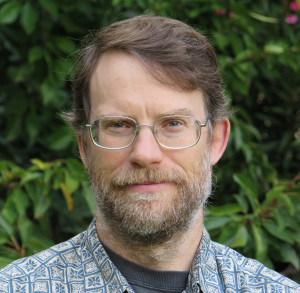 John Vogel (left), EGSB science co-deputy, will continue to explore the signaling and mechanisms of plant-growth promoting microbes, a Lab-wide project that focuses on existing interactions between plants and microbes.
John Vogel (left), EGSB science co-deputy, will continue to explore the signaling and mechanisms of plant-growth promoting microbes, a Lab-wide project that focuses on existing interactions between plants and microbes.
Four projects in the Molecular Biophysics & Integrated Bioimaging Division received continuing support for FY17. 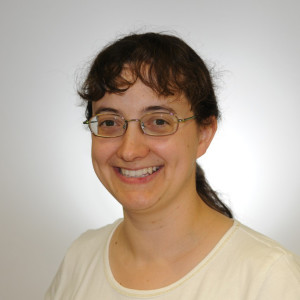 Staff scientist Karen Davies (right) will carry on designing efficient energy conversion pathways for synthetic organism,
Staff scientist Karen Davies (right) will carry on designing efficient energy conversion pathways for synthetic organism,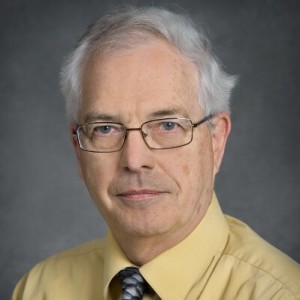 while Heinz Frei (left), senior scientist, continues to develop robust synthetic membranes for microbial electrocatalysis that will separate electron-generating organisms from the catalytic reaction environment. Research scientist
while Heinz Frei (left), senior scientist, continues to develop robust synthetic membranes for microbial electrocatalysis that will separate electron-generating organisms from the catalytic reaction environment. Research scientist 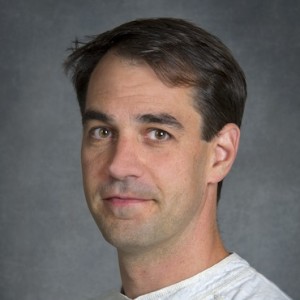 Greg Hura (right), in preparation for the ALS upgrade, will continue efforts of developing life science applications of X-ray scattering when the improvements are online. The fourth continuing MBIB project, led by biological faculty engineer
Greg Hura (right), in preparation for the ALS upgrade, will continue efforts of developing life science applications of X-ray scattering when the improvements are online. The fourth continuing MBIB project, led by biological faculty engineer  Michelle Chang (left), involves interfacing chemical and biological catalysis for solar-to-fuel conversion.
Michelle Chang (left), involves interfacing chemical and biological catalysis for solar-to-fuel conversion.

